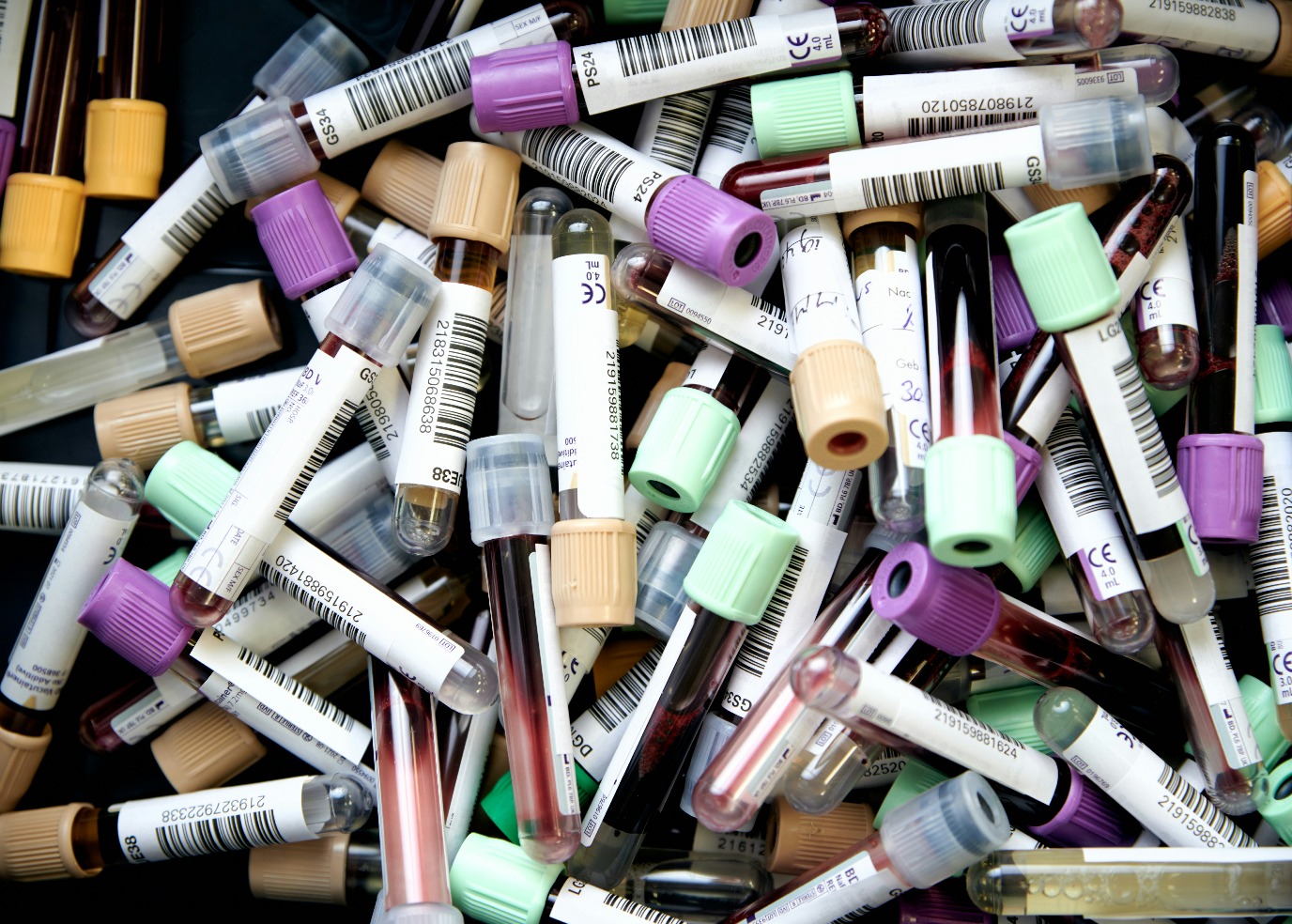Nieuw onderzoek toont aan dat economische omstandigheden in het vroege leven van invloed zijn op het risico op type-2-diabetes op volwassen leeftijd

Een nieuwe studie van huidige en voormalige FEB-onderzoekers Rob Alessie , Viola Angelini , Gerard van den Berg , Jochen Mierau en Gianmaria Niccodemi werpt licht op de langetermijngevolgen van economische omstandigheden op jonge leeftijd voor de gezondheid op latere leeftijd. Het onderzoekspaper, getiteld "Using Data on Biomarkers and Siblings to Study Early-Life Economic Determinants of Type-2 Diabetes", vindt een verband tussen geboren worden onder ongunstige economische omstandigheden en het ontstaan van type-2-diabetes op latere leeftijd.
In de inleiding van hun onderzoekspaper benadrukken de auteurs het uitgangspunt dat ongunstige omstandigheden vóór en kort na de geboorte de individuele gezondheidsuitkomsten op volwassen leeftijd negatief kunnen beïnvloeden. Foetussen en pasgeborenen zijn bijzonder gevoelig voor stressvolle omgevingen, waarbij omstandigheden in het vroege leven mensen vaak "programmeren" om later in het leven met soortgelijke omstandigheden om te gaan. Deze programmering kan leiden tot nadelige gezondheidsuitkomsten gedurende de levenscyclus, vooral wanneer er een significante discrepantie is tussen de leefomgeving en omstandigheden in het vroege leven en die in het latere leven, zoals geboren worden in armoede maar leven in een welvarende samenleving op volwassen leeftijd.
Gebruik van gezondheidsdata van Lifelines
Het onderzoeksproject, een nauwe samenwerking tussen de Faculteit Economie en Bedrijfskunde van de Rijksuniversiteit Groningen en Lifelines, maakt gebruik van gegevens van Lifelines, een van Europa's grootste op populatie gebaseerde biobanken en cohortstudies. Lifelines, bekend om de uitgebreide verzameling van gezondheidsdata van meer dan 167.000 mensen in Noord-Nederland, biedt een rijke dataset voor onderzoekers om verschillende aspecten van gezondheid en ziekte over meerdere generaties te onderzoeken.
Biomarkers om diabetes te identificeren
Een belangrijke methodologische bijdrage van het onderzoek is het innovatieve gebruik van biomarkers om type-2-diabetesgevallen te identificeren, mogelijk gemaakt door Lifelines’ verzamelde bloedmonsters. Biomarkers zijn natuurlijk voorkomende moleculen, genen of kenmerken waarmee een bepaald pathologisch of fysiologisch proces, ziekte, enzovoort kan worden geïdentificeerd. Type-2-diabetes wordt ernstig ondergediagnosticeerd in de bevolking. Veel mensen die aan deze aandoening lijden, zijn zich er niet van bewust dat ze deze hebben, wat leidt tot onderrapportage in onderzoeksgegevens. Met name personen met een lagere sociaaleconomische status raadplegen naar verwachting minder vaak een arts en de ziekte kan asymptomatisch zijn bij jongere en oudere personen. Het gebruik van biomarkers stelt de auteurs in staat om type-2-diabetes op te sporen, zelfs wanneer mensen zelf niet beseffen dat ze het hebben.
Deze studie biedt waardevolle inzichten voor beleidsmakers en professionals in de gezondheidszorg die ernaar streven om de complexe wisselwerking tussen sociaaleconomische factoren en gezondheidsuitkomsten aan te pakken. Inzicht in de blijvende invloed van vroege levensomstandigheden op de gezondheid van volwassenen is cruciaal voor het ontwikkelen van concrete interventies gericht op lastenvermindering bij chronische ziekten zoals type-2-diabetes. Zo kan de preventie van type-2-diabetes misschien zelfs al voor de geboorte beginnen.
Meer informatie
Het onderzoek "Using Data on Biomarkers and Siblings to Study Early-Life Economic Determinants of Type-2 Diabetes" is nu online beschikbaar in de journal Health Economics.
Voor meer informatie kunt u contact opnemen met Jochen Mierau.
Meer nieuws
-
10 februari 2026
‘Regeneratie begint waar moed en verbeeldingskracht samenkomen’
-
09 december 2025
Zijn robots de oplossing?
-
17 november 2025
Kunstmatige intelligentie in de zorg
